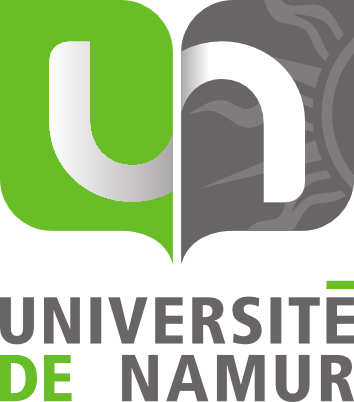Public defence in Economics
"Migration and Bequest Decisions: Theory and Evidence from the Bolivian Altiplano"
Date : 20/09/2019 16:00 - 20/09/2019 19:00
Lieu : E13
Orateur(s) : Anne MICHELS
Organisateur(s) : Pierrette Noel
Members of the Jury:
Promotor:
Prof. Jean-Philippe Platteau, UNamur, Secretary
Other members of the Jury:
Prof. Catherine Guirkinger, UNamur
Prof. Jean-Marie Baland, UNamur
Prof. François Bourguignon, Paris School of Economics
Prof. Steven Durlauf, Chicago Univerity
President of the Jury:
Prof. Mathias Hungerbühler
Abstract:
Permanent migration is one of the key aspects of modern growth and economic development. However, leaving one's village does not automatically imply severing all links with its members. Most migrants keep strong ties with their family members who stayed behind and remit a substantial part of their income to their communities of origin. Moreover, many migrants try to maintain their land rights which are conditional on community membership in their villages. They work in the informal sector implying that they have no contract and very low job security. In this environment of high uncertainty, being able to return to their communities may be an important fall-back option.
This thesis focuses on the links between the migrants and their
communities of origin. The three chapters are based on original data
collected in the Bolivian Highlands at both the level of the migrants
and the level of the communities of origin. We show that the poorest and
most vulnerable migrants are prevented from maintaining land rights in
communities with corporate landownership. Our theoretical model predicts
that this exclusive outcome is most likely when urban growth is
unaccompanied by rural development. Furthermore, we find that, in line
with our theoretical model, the bequest and migration decisions are
linked at the level of the family. In particular, migrants who were
pushed or forced to migrate by their parents have a lower probability to
be excluded from land inheritance, irrespective of whether they send
remittances. Finally, we show that sharing demands from their wider
network prevent migrants from remitting to their parents the amount they
would choose to send out of altruism. Family networks at migration
destination prove to be particularly detrimental.
Contact :
Pierrette Noel
-
4823
-
pierrette.noel@unamur.be
Télecharger :
vCal
